
The big CPU and GPU announcements at CES like Nvidia's new RTX Super GPUs and AMD's new 7600 XT don't tend to come as a huge surprise, what with the endless rumours and leaks. However, screen tech at the show does tend to throw up some genuine news and CES 2024 is no exception.
Kicking things off is Samsung's new 4K 240Hz 4K OLED, the Samsung Odyssey G8 OLED. On paper, it's pretty much everything you could wish for from a gaming monitor. All those pixels, Samsung punch QD-OLED tech, plus 240Hz.
It's not alone, of course, the HP Omen Transcend 32 is pretty much identical, spec-wise. Then there's the Alienware 32 AW3225QF. Again, it offers the same 32-inch 4K OLED thing running at 240Hz. But of all these monitors, it could be the first you can actually buy. It goes on sale January 11 for $1,199.
Next up, Acer has a whole bunch of new panels, including both 34-inch and 39-inch OLED ultrawides. But the most impressive is the Acer Predator Z57, a 57-inch dual-4K monster with a VA-type LCD panel and a mini-LED backlight. Just a pity it's priced at $2,499, exactly the same as the very similar Samsung Odyssey Neo G9 G95NC, except the Samsung runs at 240Hz, while Acer has opted for 120Hz.
If speed rather than massive pixel counts are your thing, well, there's the ASRock Phantom Gaming PG27QFW2A. It's a 27-inch 1440p LCD model with an IPS panel. Nice, but not hugely exciting, you say? Well, it runs at fully 400Hz, which is getting on a bit for a 1440p monitor, it really is.
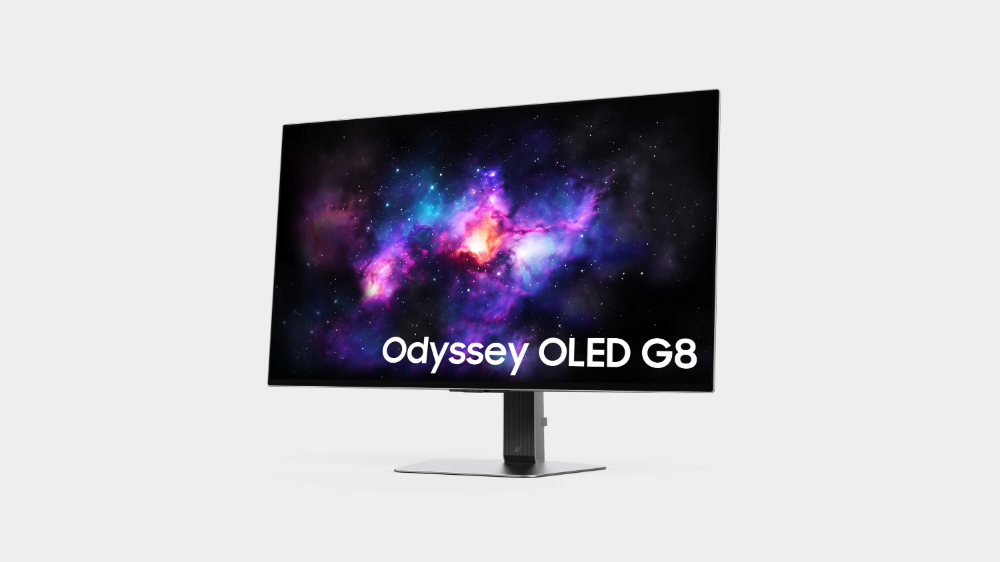
Then there's the new Dell UltraSharp U4025QW. Now, Dell's Ultrasharp panels aren't strictly for gaming. But this is a 40-inch ultrawide with 5,120 by 2,160 pixels, so has exactly the same density as a 32-inch 4K monitor. It's also HDR 600 certified, so will have plenty of punch unlike previous 40-inch 5K2K panels which topped out at 300 nits.
What's more, it rocks LG's IPS Black technology, for superior contrast. Finally, it runs at 120Hz. That's not uber-high refresh, but given the very high resolution, 120Hz is arguably plenty. It's actually the screen I'm most interested in from CES this year. So, it's a pity Dell has priced it at $2,399. That's just way to much given it lacks a mini-LED backlight.
If those are the main contenders of the actual monitors thus far, CES is arguably more about new TV sets than any other technology. Big TVs don't always make for great PC gaming monitors. However, new TV tech inevitably migrates to PC monitors. That's doubly true now that OLED is being more widely used for PC monitors.
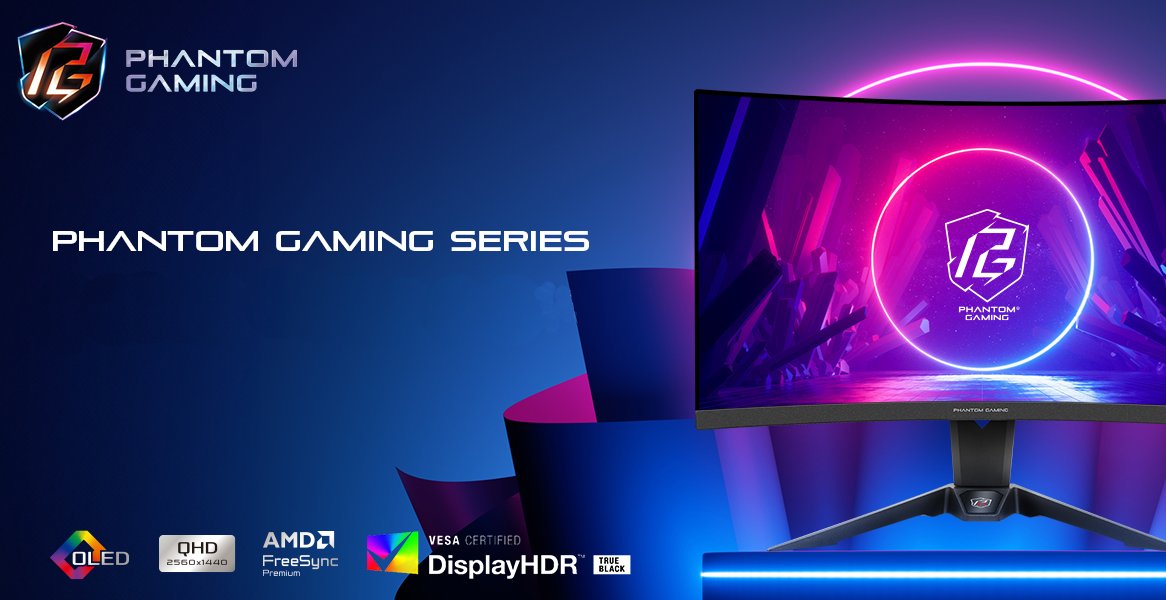
So, what do the big TV brands have on offer that we might see soon on the PC? Samsung's new S95D OLED has a novel anti-glare coating that show goers reckon makes for much reduced reflection and only a slight loss of contrast and black levels compared to a glossy screen. We're suckers for a nice glossy panel, but maybe Samsung has come up with something special.
Samsung has also been showing off its newest microLED screens. In truth, these still aren't really aimed at consumers, let alone gamers. But Samsung now makes one as small as 76 inches, so it's much more practical than the typical 100-inch-plus monsters that you get with microLED tech.
Anyway, it has no bezels at all, the brightness and contrast are out of this world and it looks just stunning. It's probably $20,000 or something, so pretty much irrelevant. Except that it likely previews the kind of display we're all going to be buying 10 or 15 years from now.
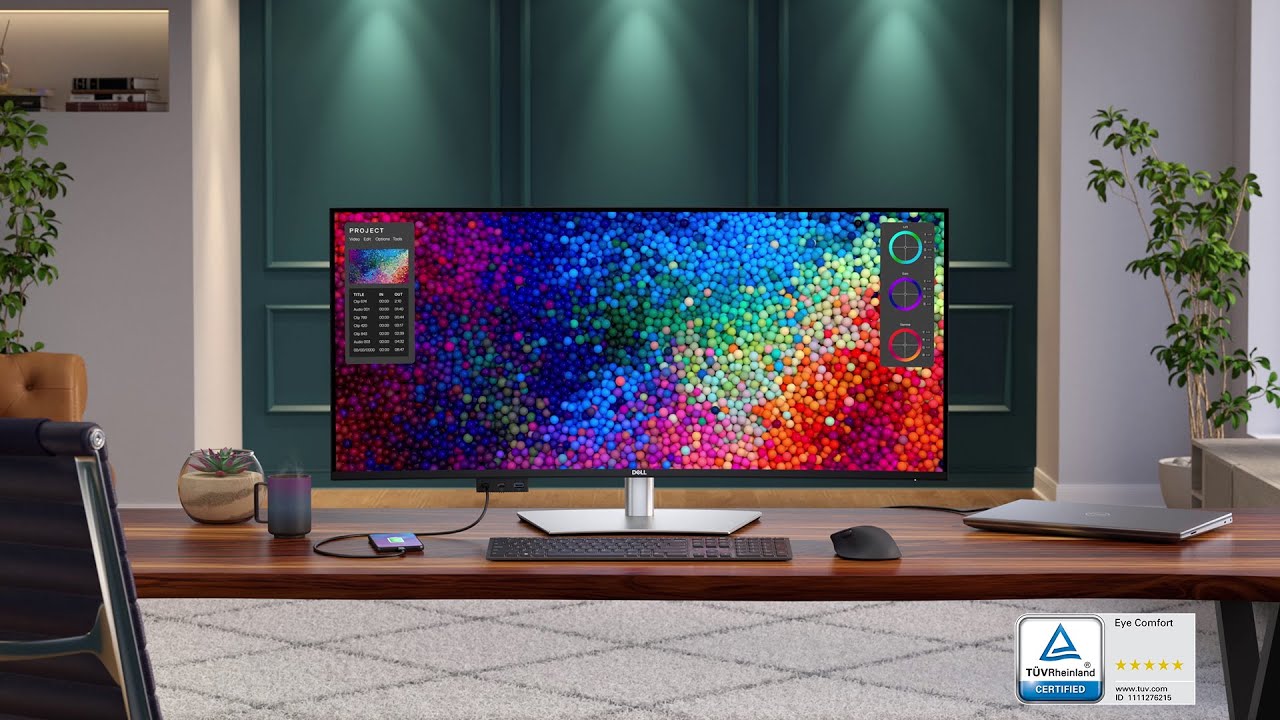
Samsung had one other microLED trick up its sleeve with a new transparent panel. Transparent OLED and LCD is already available. But transparent microLED is, well, more transparent and, again, is totally bezel-less. Apparently, it's hard to tell it's not just glass, it's that clear. So, if you're for the ultimate in sci-fi screen tech, this is probably it.
Of course, the other big noise in screen tech is LG. Its new B4, C4 G4 and M4 OLED TVs don't appear to be super exciting for the most part. However, the G4 and M4 sport LG's new second-gen MLA or Micro Lens Array tech, which uses zillions of tiny lenses to boost brightness.
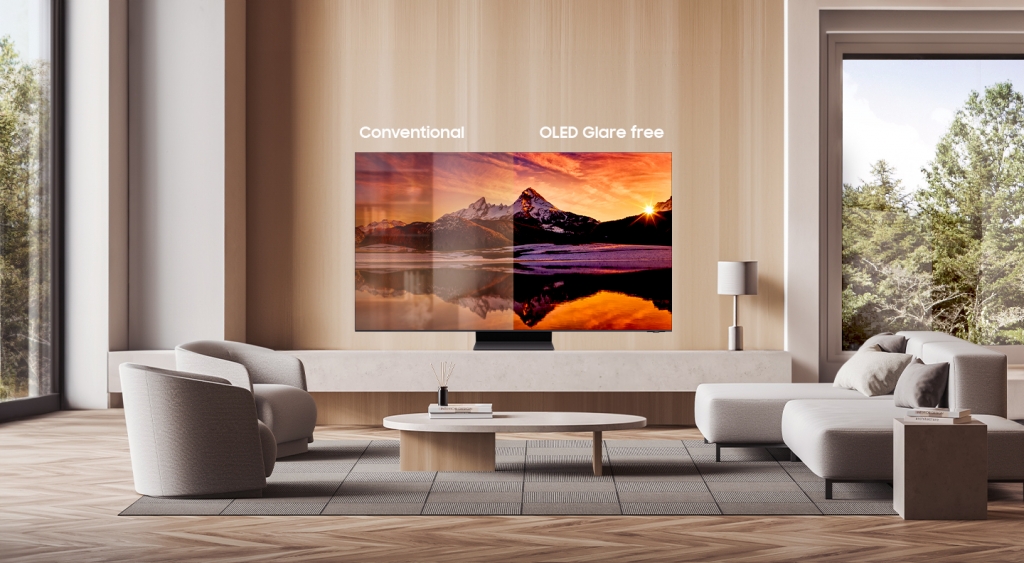
LG says the new second gen panels are much stronger when it comes to lighting up small objects, with peak brightness on a 3% window up by a fairly staggering 150%. The catch? LG also says the full-screen brightness of the new panels hasn't changed at all.
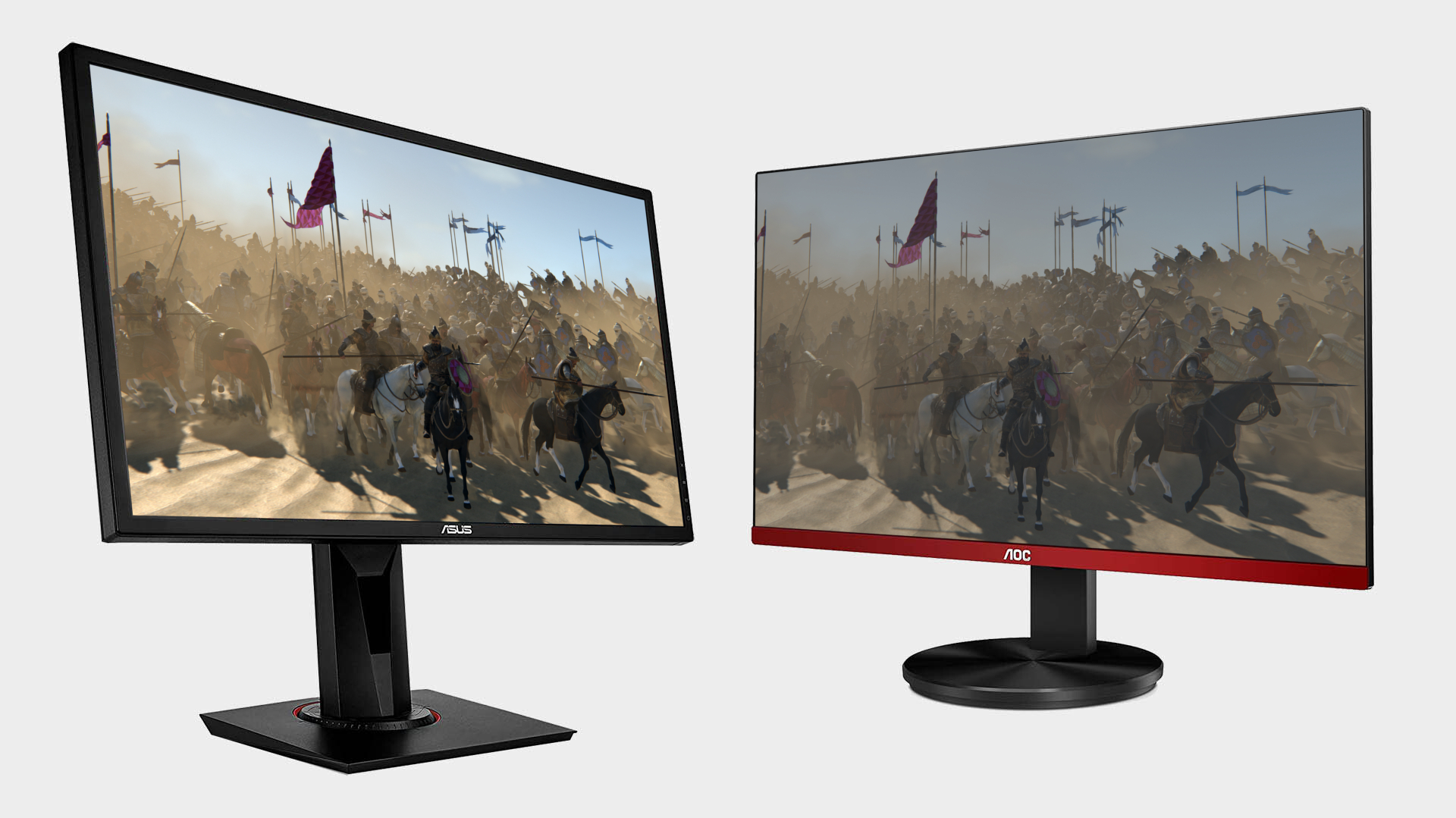
Best gaming monitor: Pixel-perfect panels for your PC.
Best high refresh rate monitor: Screaming quick.
Best 4K monitor for gaming: When only high-res will do.
Best 4K TV for gaming: Big-screen 4K gaming.
That's a pity, because in a PC monitor context, if LG's WOLED panel tech has a weakness in general and also compared to Samusng's QD-OLED panels, it's full-screen brightness.
Overall, there are some very nice displays on show as CES this year, but arguably the killer new monitor to end all gaming monitors, at least until games are pumped directly into our brains has not quite appeared.
For that, we may have to wait until CES 2025. Rumour has it, LG is working on some much brighter OLED panels for 2025. What's more, LG has some 5K2K panels in the works in both 34-inch and 40-inch sizes. Imagine that. A 40-inch 5K2K OLED with some genuine full-screen pop. I'd pretty much sell my house for that.
_____________________________________
PC Gamer's CES 2024 coverage is being published in association with Asus Republic of Gamers.







